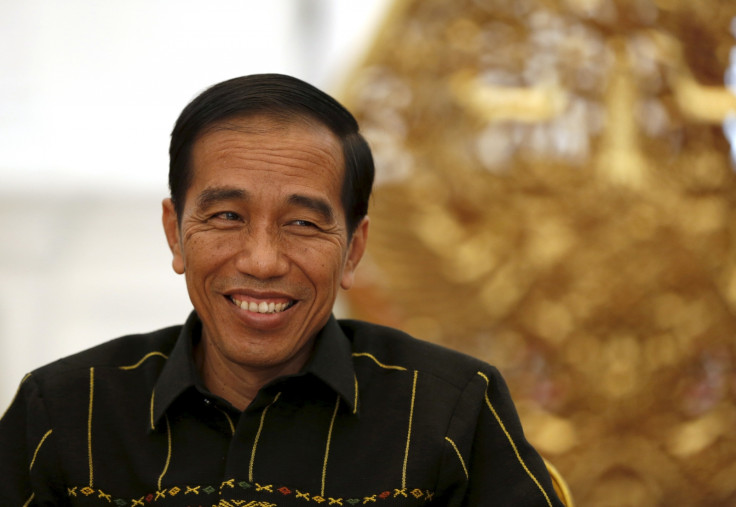Indonesia tax amnesty programme: $30m worth of assets repatriated in first week
Jakarta hopes to recover $100bn of Indonesian wealth by the end of the programme in March 2017.
Indonesia says that more than $30m (£23m; €27m) worth of assets stashed offshore have been repatriated in the first week of the government's tax amnesty programme.
Deputy finance minister Mardiasmo said on 22 July that this was a significant increase on the $7.5m figure announced on 21 July.
The tax amnesty programme involves the Indonesian government imposing a 2% to 10% tax for assets brought back onshore by March next year, depending on how soon individuals declare previously untaxed assets.
Assets repatriated must then stay in the country for at least three years in funds managed by appointed banks, and can be invested locally.
The programme got underway on 18 July and is intended to boost the state's tax coffers.
Singapore spat
"As of today, there are almost 400 billion rupiah ($30.49m) worth of assets that have been declared in 20 affidavits," Mardiasmo was quoted as saying by the Jakarta Post.
"We recorded redemption from three taxpayers, each [worth] about 2 billion rupiah."
Indonesia expects to repatriate more than $100bn worth of assets by the end of the programme in March 2017. Some $200bn of Indonesian wealth and assets are reported to be stashed in Singapore alone.
Last week, Singapore officials denied that incentives had been offered to Indonesian clients to persuade them to retain their assets in the city-state.

"Recent claims that Singapore is implementing policies to thwart Indonesia's tax amnesty programme are untrue," Singapore's embassy in Jakarta said in a statement released to the Straits Times.
"We subscribe to the internationally agreed standards, including for money laundering and for exchange of information.
"If there is any such case of suspected cross-border tax evasion, the government concerned can approach Singapore – we have assisted and will continue to assist in line with the international standard."
Indonesia's economy expanded 4.8% in 2015 amid weak commodity prices and a slowdown in China – a key export market.
President Joko Wikodo has promised to lift the annual growth rate to 7%.
© Copyright IBTimes 2025. All rights reserved.






















